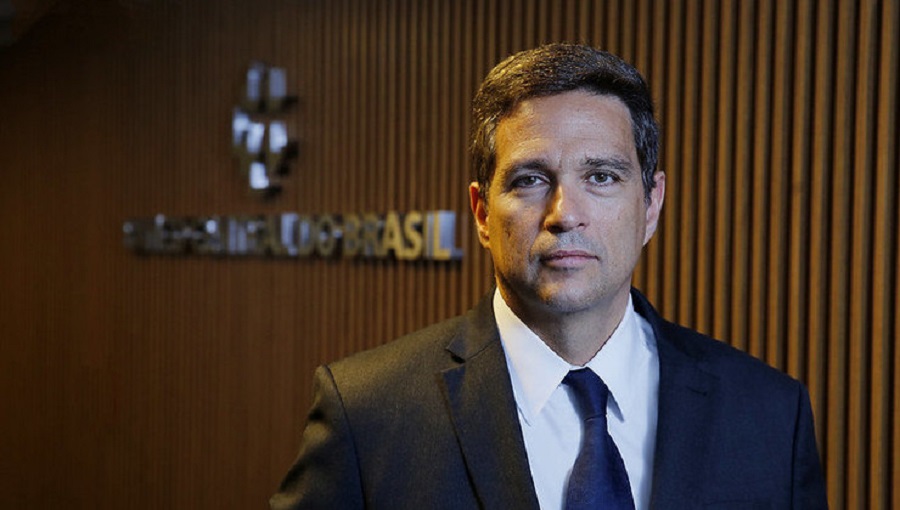The president of the Central Bank (BC), Roberto Campos Neto, said this Monday (15) that Brazil is one of the only countries where the market prices lower interest rates in the short term.
“Brazil was the one that did the work at the front in terms of monetary policy. The only places where there are more people in the market pricing interest rates down are in Brazil and Japan, and in Japan for a different cause,” he said in a debate on inflation promoted by the Millennium Institute.
Read also: Check out our coverage on Brazil
“This shows that the market still understands that countries, on average, will have to raise interest rates more”.

He explains that the Brazilian Central Bank understood that global inflation would be more persistent than initially expected, which would contaminate the Brazilian economy.
The BC president also highlighted the positive surprise in the Brazilian labor market, stating that he “would never have imagined” to be talking about an unemployment rate below 9%.
Emphasizing that it is difficult to estimate the neutral rate of unemployment in the country –which neither pressures nor slows down inflation–, he affirmed that there is still room in the labor market and estimated that the figure will probably fall to close to 8.5%.
In the three months through June, the latest data available, unemployment in the country dropped to 9.3%, the lowest level for the period since 2015, according to IBGE data.
Campos Neto also said that, despite the improvement in prices seen in recent months in Brazil, Brazilian inflation remains “very high”.
“Management inflation is falling with government measures, but services are rising. We are starting to see some signs of stabilization in industrial goods. But we look at inflation more in the long term, we are not so guided by short term noise. We understand that there is a mechanism for reducing inflation and it is very difficult to model impact on chains,” he said.
In this context, Campos Neto recalled that the market has changed inflation expectations for 2022, but not for 2023 and 2024. of the current year”, he evaluated.
For him, it is already possible to see a deceleration in the production bottlenecks of some products, such as semiconductors, in addition to the normalization of international freight. “Most countries still have inflation expectations above the target in 2023.”
TAX IN 2023 IS WORRYING
Campos Neto cites the Brazilian fiscal framework in 2023 as a concern, given the discussion about the continuity of temporary measures implemented by the government.
He highlighted the importance of the debate on how these measures will be financed starting next year, in reference to social programs temporarily reinforced by the government and Congress.
The Minister of Economy, Paulo Guedes, has been defending that Brazil “is condemned to grow” in the next 10 years, even with higher inflation and interest rates, following a drop in unemployment and an increase in investments.
With information from CNN

